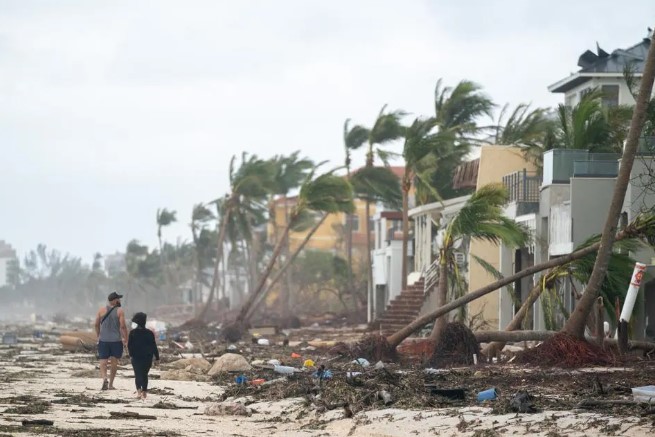Published by Forbes.com | May 18, 2023
Natural disasters tend to temporarily halt the housing market in affected areas. If the U.S. hits the debt ceiling, expect a similar effect on the housing market.
If the United States breaches the debt ceiling, it would hit the housing market like a natural disaster. Whenever there is a major weather event, like a hurricane or snowstorm, the places directly in harm’s way see a steep decline in home selling and buying activity. For example, in October 2022, the number of homes that accepted an offer plummeted by over 50% year over year in the three Florida metros directly hit by Hurricane Ian, double the national decline. However, those markets mostly recovered by the new year. If the U.S. hits the debt ceiling, without a deal in Congress to raise the country’s borrowing limit, it would have a similar effect on the housing market. Home sellers and homebuyers would temporarily back off the market during the turmoil but would return once the dust settles.
The United States may breach the debt ceiling sometime between June and August, and if that happens, the U.S. may miss payments to federal workers, contractors and vendors, or Social Security recipients to avoid defaulting on its debt. The length and severity of this economic disaster would depend on how long it takes Congress to raise the limit, which hinges on bipartisan cooperation.
The economic harm would be most severe in places with a high concentration of federal employees, contractors, vendors and military personnel, such as Washington D.C. and Virginia Beach, VA. Anyone who is missing income would likely be reluctant to make a big financial commitment, like buying a home.
Areas with the highest shares of older people will face the most disruption from missed social security payments, such as Florida and Maine. Retirees who rely on social security income will be hesitant to spend, which would be a drag on the economies in these places. The slowdown in economic activity may slow down homebuying overall.


